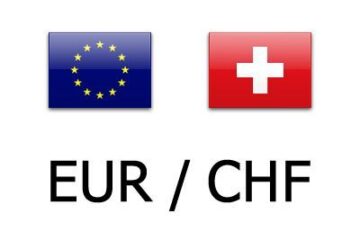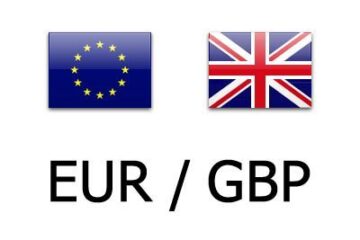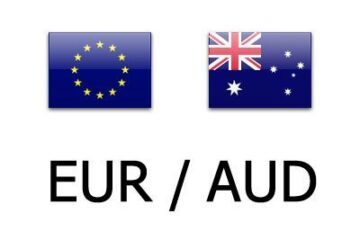U.S. President Donald Trump signed a sweeping tariff bill on Wednesday, imposing reciprocal duties on major trading partners including China, the European Union, Vietnam, and Taiwan. Carley Garner, senior strategist and broker at DeCarley Trading and contributor at TheStreet Pro, spoke with TheStreet about how investors should navigate this shifting economic landscape.
Related: Stock Market Today: US stocks plunge in ‘Tariff Tantrum’ reaction
Full Video Transcript Below:
CARLEY GARNER: Well, I mean, obviously, I think everybody should be focusing on what’s going on in, in Washington because they have an impact on the markets, probably more so than most of us want to admit. But in reality, we can’t predict politicians any more than we can predict markets. So it’s something that we’re going to have to take day by day. And I think in this type of environment, the goal is to not lose your shirt. So I don’t think this is the time to be swinging for the fence in any asset class or any investment strategy. I think the idea is to rein it in mind our risk. And then proceed accordingly.
So we have to assume that whatever market we’re trading or what we’re getting involved in, we have to assume that the worst is going to happen. So we prepare for the worst and hope for the best. And I think that’s the only advice I can give. This is, we’ve never really been in this situation before. Obviously Trump this is Trump 2.0. The first administration, there were some curveballs and some tariffs. We learned some lessons. But the reality is this is a much bigger and bolder agenda. And so again, we just have to take it day by day and make sure that we’re paying attention to risk, not reward.
The original thought was when Trump was elected in November, a lot of the markets reacted. We called it the Trump trade. We saw interest rates go down or I’m sorry, interest rates go up. As treasuries went down. We saw a lot of commodities such as crude oil, natural gas, live cattle, even, and even some of the grains rallied because the idea was these terrorists were going to cause inflation. But as we’re getting closer to the final innings of the tariff discussion, I think that a lot of markets have kind come to the conclusion that maybe the terrorists might be deflationary, not because of what individual tariffs do to particular products, but because of the impact as a whole. I mean, it takes a lot of exuberance out of the speculative side of some of the risk assets, for example, stocks. A lot of our economy is built on the Wealth effect. A lot of it is a kind of an animal spirits. So to speak. So when you see assets like stocks selling off pretty sharply, it makes people feel less poor. Whether they really are or not is a whole different question. But if you feel less poor, you spend less money and it you know, it rolls its way through the economy and slows things down a little bit.


